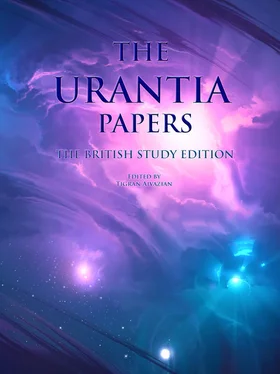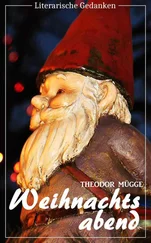Tigran Aivazian - The British Study Edition of the Urantia Papers
Здесь есть возможность читать онлайн «Tigran Aivazian - The British Study Edition of the Urantia Papers» весь текст электронной книги совершенно бесплатно (целиком полную версию без сокращений). В некоторых случаях можно слушать аудио, скачать через торрент в формате fb2 и присутствует краткое содержание. Город: London, Год выпуска: 2011, ISBN: 2011, Жанр: Религия, en-GB. Описание произведения, (предисловие) а так же отзывы посетителей доступны на портале библиотеки ЛибКат.
- Название:The British Study Edition of the Urantia Papers
- Автор:
- Жанр:
- Год:2011
- Город:London
- ISBN:Unassigned
- Рейтинг книги:3 / 5. Голосов: 1
-
Избранное:Добавить в избранное
- Отзывы:
-
Ваша оценка:
The British Study Edition of the Urantia Papers: краткое содержание, описание и аннотация
Предлагаем к чтению аннотацию, описание, краткое содержание или предисловие (зависит от того, что написал сам автор книги «The British Study Edition of the Urantia Papers»). Если вы не нашли необходимую информацию о книге — напишите в комментариях, мы постараемся отыскать её.
2. All significant changes to the text (present also in SRT) are documented in the critical apparatus, together with a brief explanation of the reason for the change.
3. Study notes have been added.
4. The symbol ¶ marks the first paragraph in the group as in the 1955 first printing, where such groups were delimited by blank lines.
5. All distance and temperature measures have been converted to metric units, except where there was even the slightest potential for error, such as in the use of “Jerusem miles”, which was left intact. The idiomatic expressions like “carry his pack for a mile” were also left intact, obviously.
6. Long and hard to memorise phrases like “three hundred and forty-five thousand” have been converted to a more compact form “345,000”. Likewise, for phrases like “seventy-five per cent”, a more compact form of “75%” was chosen. Likewise, the time designations like “fifteen minutes past four o’clock” now read “16:15”.
7. The designation of the author of each paper (and Foreword) is printed in
on a line by itself just before the text.
8. SRT paragraph numbering is used both in the superscript and in the paragraph ranges printed in the header of every page.
9. Possible textual corruptions are indicated in the footnotes.
For deriving etymology of the words coined by the revelators, I acknowledge the use of the notes by Dr Chris Halvorson. Many thanks to my friend Mitch Austin for helpful suggestions and comments, some of which have been incorporated into the study notes of the present edition.
Tigran Aivazian, London.






![Theresa Cheung - The Dream Dictionary from A to Z [Revised edition] - The Ultimate A–Z to Interpret the Secrets of Your Dreams](/books/692092/theresa-cheung-the-dream-dictionary-from-a-to-z-r-thumb.webp)





